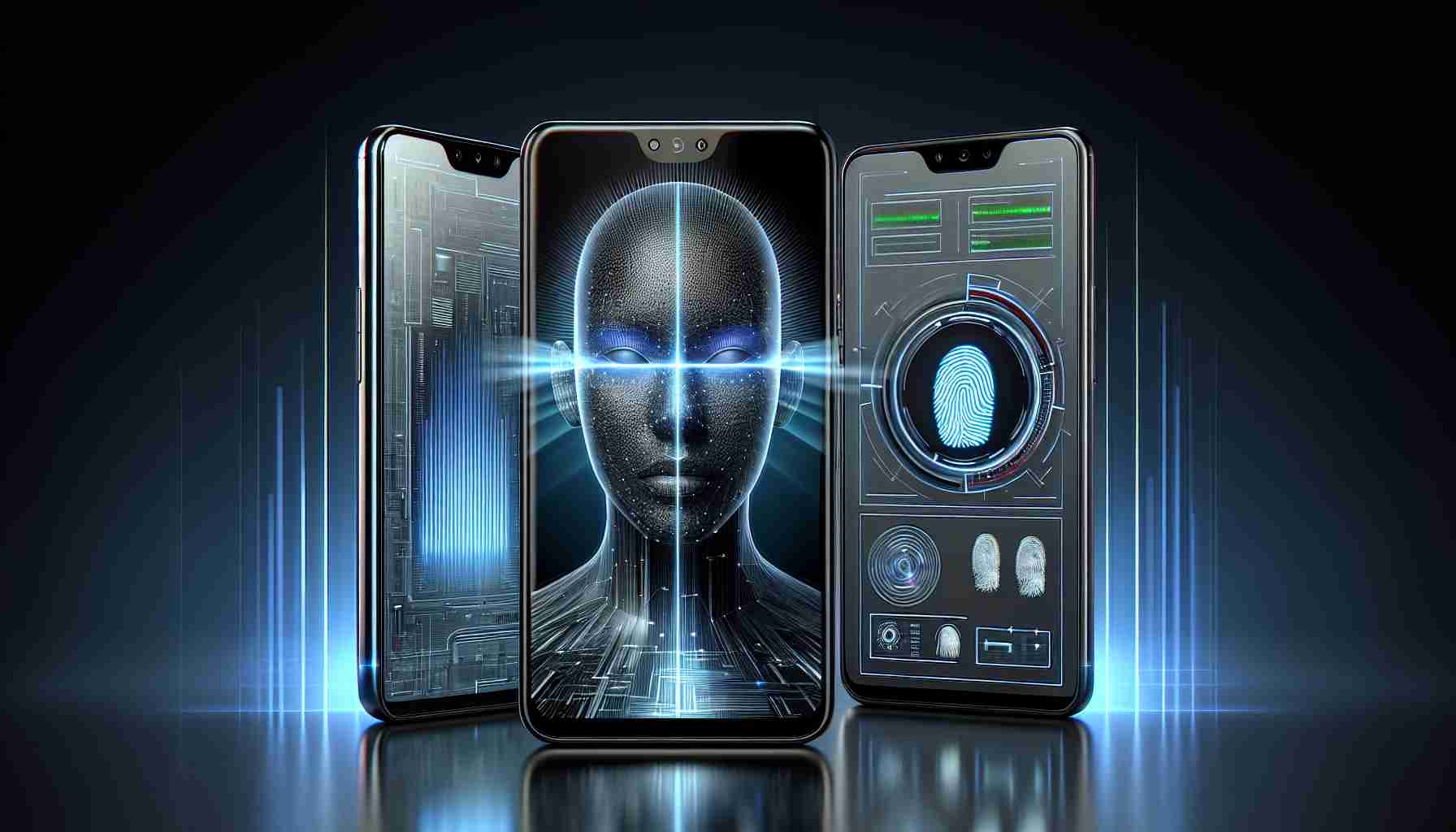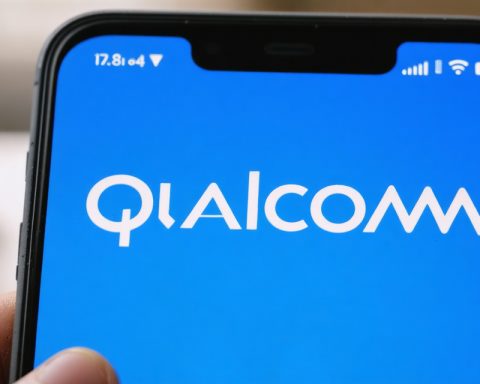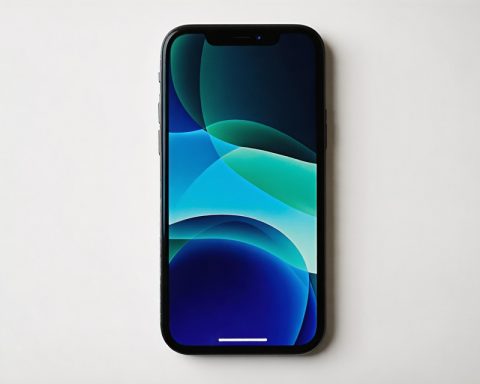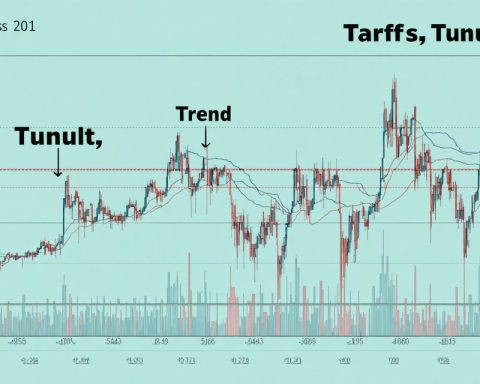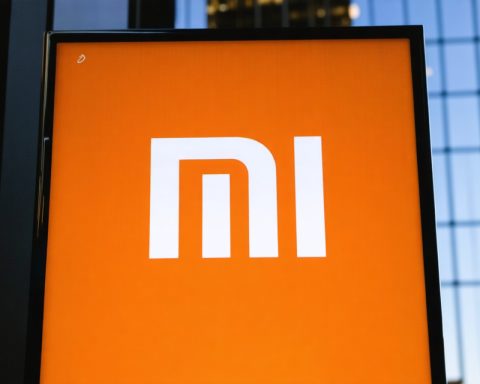A cutting-edge technology is set to transform the biometric security features of upcoming smartphones, promising a seamless and secure user experience.
The era of unreliable fingerprint scanners on Google Pixel devices will soon be a thing of the past, thanks to the introduction of a state-of-the-art biometric sensor in the latest Pixel 9 series. This new scanner, a Qualcomm 3D Sonic Gen 2 (QFS4008), is renowned for its precision and reliability, elevating the standard of smartphone security.
Unlike its predecessors, the Pixel 9 will feature an ultrasonic scanner, a significant upgrade from the outdated optical sensors used in previous models. This ultrasonic technology not only enhances accuracy but also eliminates the inconvenience of a bright light flashing in dark settings, a common issue with optical scanners.
The adoption of ultrasonic scanning technology represents a pivotal advancement in biometric security for smartphones. Once marred by inefficiencies, the Pixel 9 series aims to set a new benchmark for seamless and secure authentication, ensuring user data remains protected.
Mark your calendars for the launch of the Google Pixel 9 series, where innovation meets elegance in the realm of biometric authentication.
Unlocking the Next Level of Biometric Security on Smartphones
As the tech industry continues to push boundaries in enhancing smartphone security, the integration of cutting-edge biometric features promises a revolutionary user experience. With the upcoming wave of smartphones poised to introduce advanced security measures, there are essential questions that users may have regarding this groundbreaking technology.
What are the Key Advantages of the Latest Biometric Security Features?
The new generation of smartphones is equipped with state-of-the-art biometric sensors that offer unparalleled precision and reliability. These advanced sensors, such as the Qualcomm 3D Sonic Gen 2 (QFS4008) found in the Pixel 9 series, provide heightened security through ultrasonic scanning technology. The advantages include increased accuracy, enhanced protection of user data, and a seamless authentication process.
What Are the Key Challenges and Controversies Associated with Biometric Security on Smartphones?
While biometric security on smartphones offers significant advancements in user authentication, there are challenges and controversies that need to be addressed. One of the major concerns is the potential vulnerability of biometric data to hacking or unauthorized access. Ensuring the protection of sensitive biometric information is crucial in safeguarding user privacy and preventing security breaches. Additionally, there may be controversies surrounding the storage and usage of biometric data by smartphone manufacturers, raising questions about data privacy and security regulations.
Advantages and Disadvantages of Biometric Security on Smartphones
Advantages:
1. Enhanced Security: Biometric features provide an additional layer of security beyond traditional password or PIN methods.
2. User Convenience: Quick and seamless authentication processes enhance user experience.
3. Accuracy: Advanced biometric sensors offer precise identification, reducing false positives and negatives.
Disadvantages:
1. Privacy Concerns: Collection and storage of biometric data may raise privacy issues and potential data misuse.
2. Security Risks: Biometric information can be vulnerable to hacking or unauthorized access if not adequately protected.
3. Reliability: Technical glitches or sensor malfunctions may result in authentication failures or delays.
For more information on biometric security trends and innovations, visit TechRadar, a leading technology news website that covers the latest advancements in smartphone security and biometric authentication.
Stay tuned as the new generation of smartphones revolutionizes biometric security, setting new standards for seamless and secure user authentication. The fusion of innovation and elegance in smartphone design heralds a future where cutting-edge technology ensures the protection of user data with unparalleled precision.

